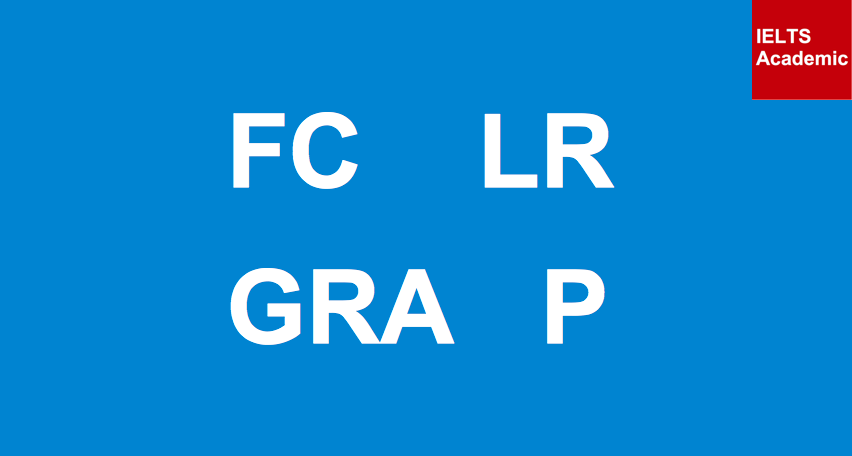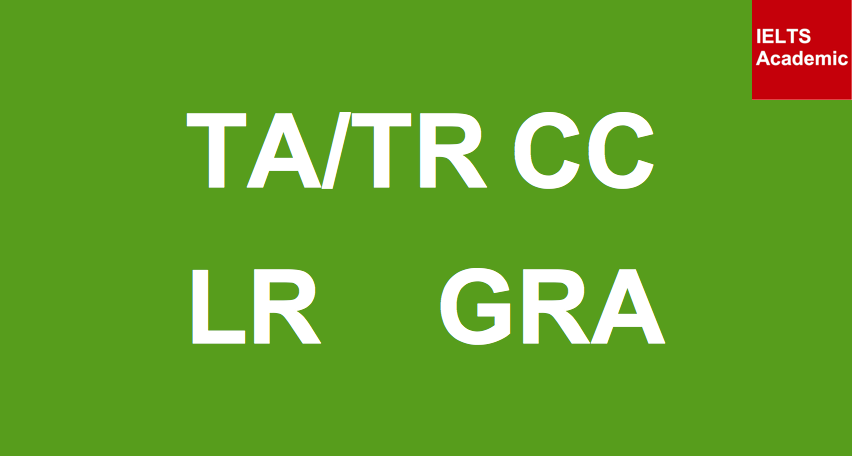Yesterday we looked at how IELTS Writing scores are calculated. Today it’s the turn of IELTS Speaking scores.
The first thing you may notice is a close resemblance between the codes used for IELTS Writing and IELTS Speaking scores. We’ve met LR and GRA before, haven’t we? FC looks familiar: maybe it’s a cousin of CC. But P? Where did he spring from?
If you’re serious about improving your IELTS Speaking score, you’ll want to match your speaking style to the four assessment criteria. Let’s look at each of them in turn and how they might influence your way of speaking.

FC = Fluency and Coherence
Fluency and Coherence is similar to Cohesion and Coherence, which we encountered before. In IELTS Speaking, however, it’s a measure of how well you can keep talking and be understood, including:
- Do you avoid silence or hesitation?
- Do you speak at length on each topic?
- Do you use words to connect your ideas?
LR = Lexical Resource
Lexical Resource refers to your use of vocabulary, including:
- Do you use a wide range of vocabulary?
- Do you use idioms and collocation common to spoken English?
- Do you paraphrase to avoid repetition?
GRA = Grammatical Range and Accuracy
This refers to your skill with English grammar, including
- Do you speak in complex sentences?
- Do you use a variety of grammatical forms?
- Do you avoid too many grammatical mistakes?
P = Pronunciation
Pronunciation is naturally part of the IELTS Speaking assessment, including:
- Do you pronounce words accurately?
- Do you join sounds together?
- Do you vary intonation?
There’s no quick fix to improve your English vocabulary, grammar, and pronunciation: all of these require hard work and practice over months and years. A more immediate way to improve your IELTS Speaking score is to learn fluency techniques, including spoken English phrases, collocations, and emergency language for use when things go wrong. A good teacher can coach you in speaking techniques for better fluency.
How IELTS Speaking scores are calculated
The examiner gives you a score for each of the criteria based on your performance throughout the test, in particular Parts 2 and 3. There are no individual scores for each part of the speaking test.
The criteria are equally weighted so that each is worth 25% of your IELTS Speaking score. The scores for each criteria are added together and divided by four to give an average, which becomes your overall score. Scores of .25 and .75 are rounded up. For example, 7+7+7+6 = 6.75 is rounded up to 7.0 overall.






